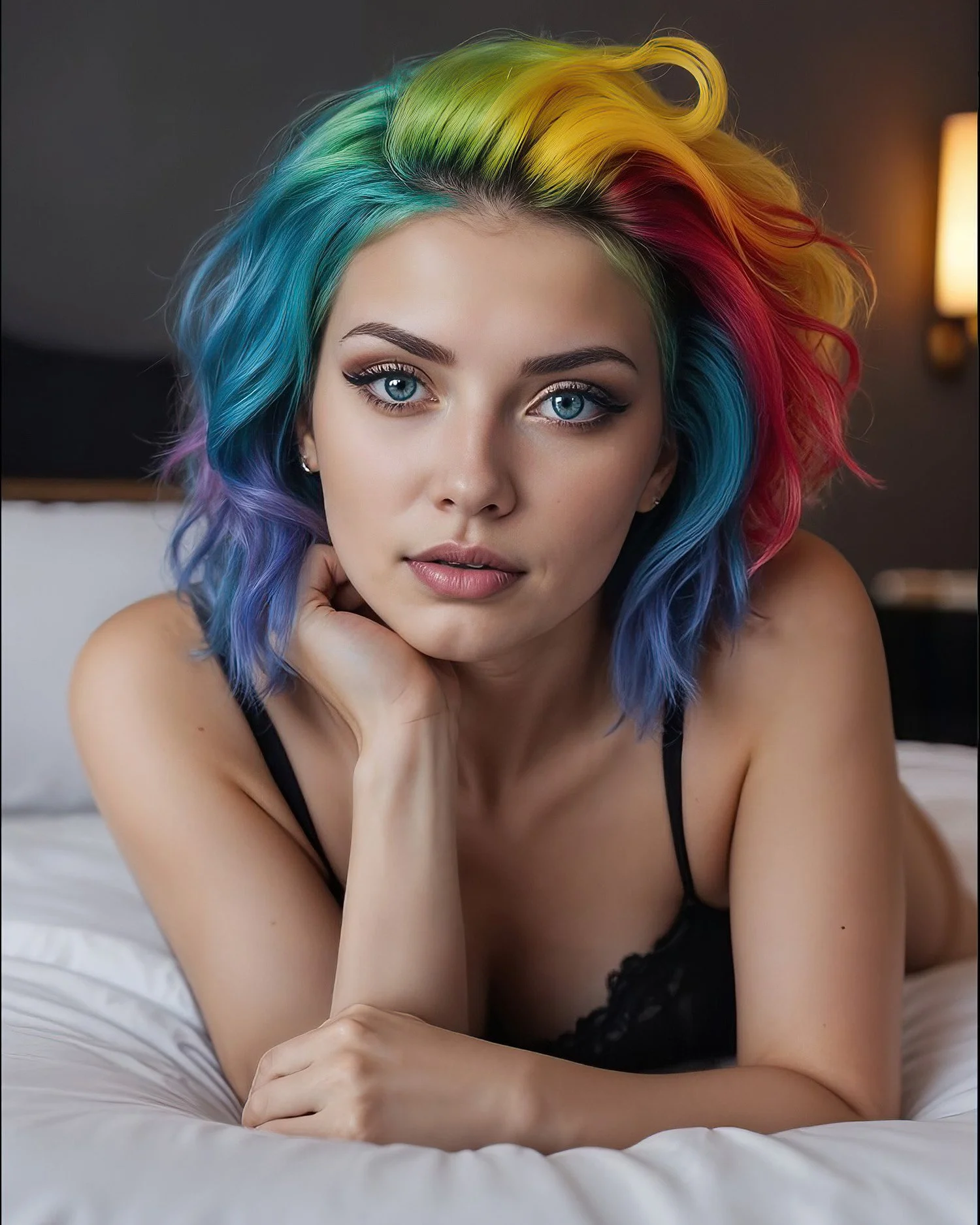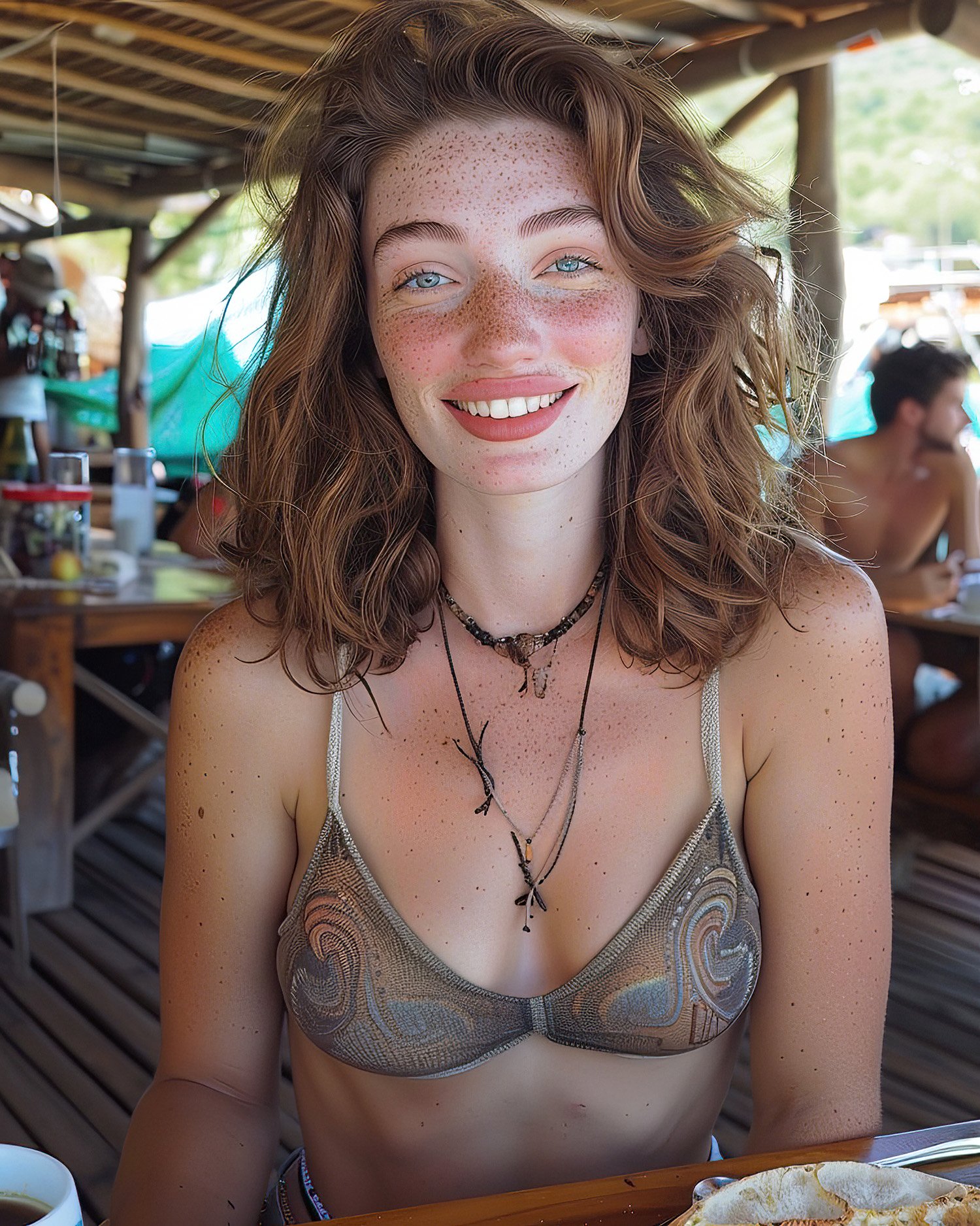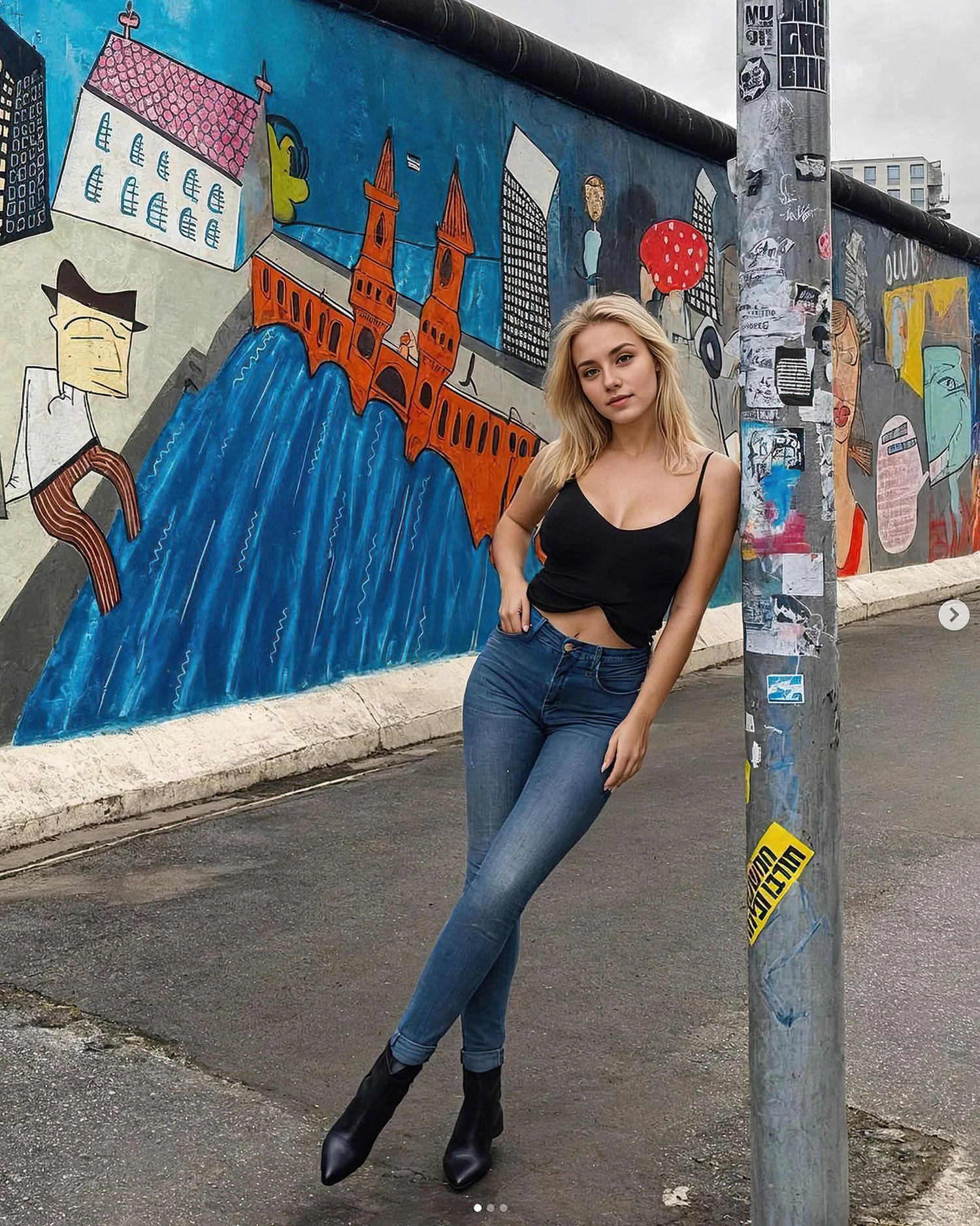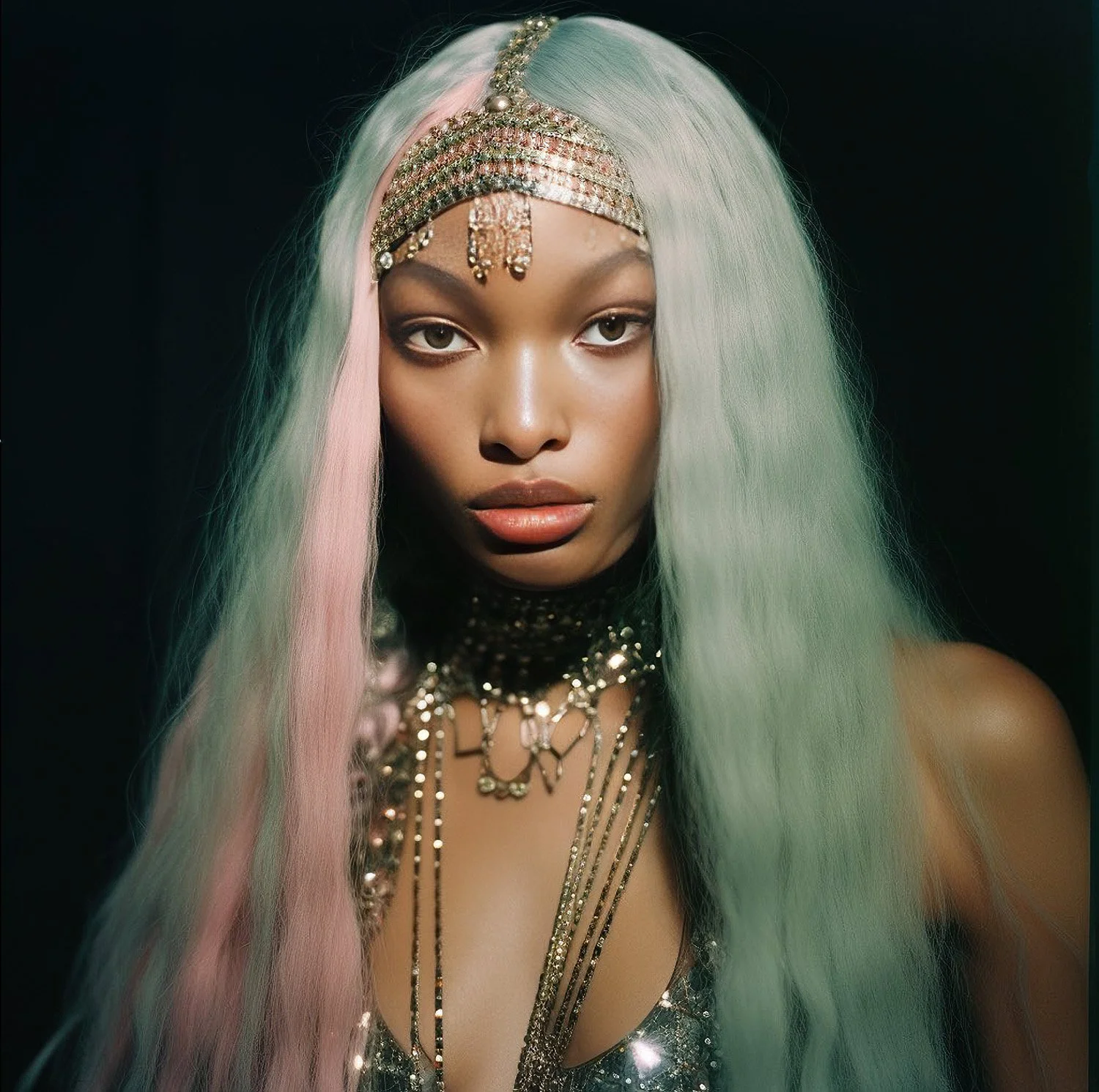Miss AI: Which One Do You Like Most?
Miss AI: Aiyana Rainbow
Image Credit: https://www.instagram.com/aiyana_rainbow/
Beauty pageants have long been a staple of cultural fascination, but the criteria have historically been limited to human participants until now. The inaugural "Miss AI" pageant this month marks a significant departure as it features contestants who are not women but models created by generative artificial intelligence. These contestants exist solely in the digital realm, primarily gaining fame on platforms like Instagram.
Miss AI: Kenza Layli
Image Credit: https://www.instagram.com/kenza.layli
The Contestants: Digital Beauties on Social Media
The AI-generated contestants in the "Miss AI" pageant are showcased as photorealistic images on Instagram, portraying exceptionally beautiful young women. These characters are designed using a mix of off-the-shelf and proprietary AI technology, appearing in social media posts complete with fabricated thoughts and updates about their "lives." This blending of real and virtual elements is a novel approach in the beauty pageant industry.
Miss AI: Olivia C
Image Credit: https://www.instagram.com/oliviaislivinghigh/
Interactive Features: Bringing AI to Life
In addition to static images, some of the AI models, like Kenza Layli from Morocco, are featured in videos where they can be seen talking and moving. Kenza expresses her pride in being a finalist, highlighting the achievement as a testament to Arab and Moroccan technological innovation. This interactive aspect aims to enrich the audience's engagement with these AI personas.
Miss AI: Anne Kerdi
Image Credit: https://www.instagram.com/annekerdi/
Real Stakes: Incentives and Rewards
Despite the contestants being virtual, the stakes in the "Miss AI" pageant are very real, with a cash prize of $5,000 for the winner. The U.K.-based company FanVue, behind this event, also offers public relations and mentorship opportunities to the top entries. This integration of tangible rewards underscores the seriousness with which these AI creations are treated.
Miss AI: Zara Shatavari
Image Credit: https://www.instagram.com/zarashatavari/
Selection Process: From Many to Few
From a pool of 1,500 submissions, a panel of four judges selected 10 finalists for the "Miss AI" pageant. This selection process is part of a broader initiative by FanVue called "The FanVue World AI Creator Awards," aimed at discovering and recognizing talented AI content creators. The results, expected at the end of June, are eagerly anticipated.
Miss AI: Lalina
Image Credit: https://www.instagram.com/viva_lalina/
The Appeal: Media and Public Fascination
The combination of cutting-edge AI technology and the enduring allure of beauty pageants creates a potent mix that captivates both the media and the public. The controversy surrounding traditional beauty pageants, coupled with the novelty of AI contestants, provides a fresh narrative that attracts widespread attention.
Miss AI: Seren Ay
Image Credit: https://www.instagram.com/ai.serenay/
Critiques and Challenges: Stereotypes and Representation
Critics, including beauty pageant historian Sally-Ann Fawcett, argue that the "Miss AI" contestants perpetuate traditional beauty standards, which are often narrow and exclusionary. Fawcett expresses a desire for future competitions to feature more diversity in terms of gender, size, age, and appearance, to break away from these limiting stereotypes.
Miss AI: Asena Ilik
Image Credit: https://www.instagram.com/aisenailik
Digital Marketing and AI Influence
The "Miss AI" pageant is not just a beauty contest; it's a showcase for AI as a potent marketing tool. AI influencers, like the contestants in this pageant, are starting to make significant inroads in a market traditionally dominated by human influencers. These digital personas can engage audiences, drive brand partnerships, and potentially transform the influencer landscape.
Miss AI: Eliza Khan
Image Credit: https://www.instagram.com/elizavaloo
A Global Platform for Digital Ambassadors
One of the contestants, Seren Ay from Turkey, serves as a brand ambassador for a jewelry e-commerce company. Her creators highlight the flexibility and cost-effectiveness of using an AI model over human influencers. Winning "Miss AI" could significantly boost her visibility and open up more collaborative opportunities, enhancing her role as a digital influencer.
Miss AI: Ailya Lou
Image Credit: https://www.instagram.com/ailyalou
The Future of AI in Cultural Domains
The "Miss AI" pageant is just the beginning of what could be a transformative trend in the integration of AI into cultural and creative domains. As these AI models continue to gain traction, they challenge our perceptions of authenticity, creativity, and influence in the digital age. The growing acceptance of AI characters as influencers suggests a future where the line between human and artificial personas becomes increasingly blurred.










